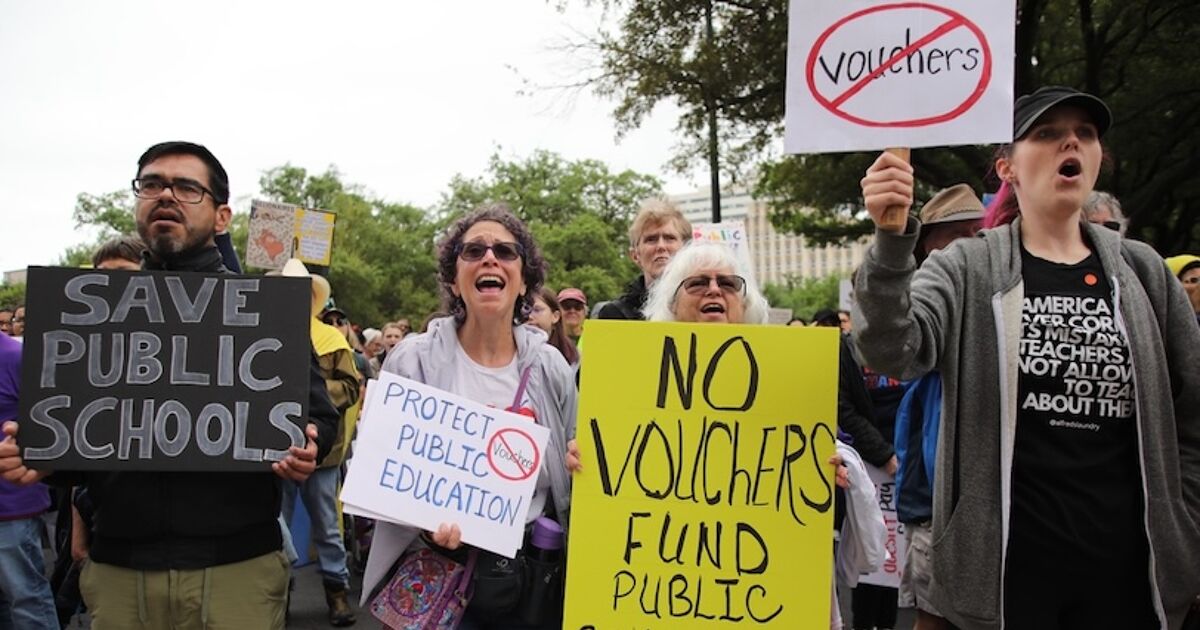Faith, Funding, and Classrooms: Supreme Court Poised to Redraw Religious Education Boundaries

A groundbreaking Supreme Court case is poised to potentially reshape the landscape of public education funding, raising critical questions about religious freedom, taxpayer rights, and LGBTQ protections.
At the heart of this legal battle is a controversial proposal that could compel taxpayers to financially support charter schools with explicit anti-LGBTQ religious agendas. The case challenges long-standing principles of church-state separation and threatens to open the door for discriminatory educational practices.
Legal experts warn that if the Supreme Court rules in favor of the religious charter schools, it could create a dangerous precedent. This ruling would effectively force taxpayers—regardless of their personal beliefs or sexual orientation—to fund educational institutions that actively discriminate against LGBTQ students and staff.
The case highlights the delicate balance between religious liberty and civil rights, putting the spotlight on how public funding intersects with private religious beliefs. Advocates for LGBTQ rights argue that such a ruling would not only be financially problematic but also fundamentally unjust.
As the nation watches closely, this Supreme Court decision could have far-reaching implications for education, religious freedom, and equal rights in the United States.
